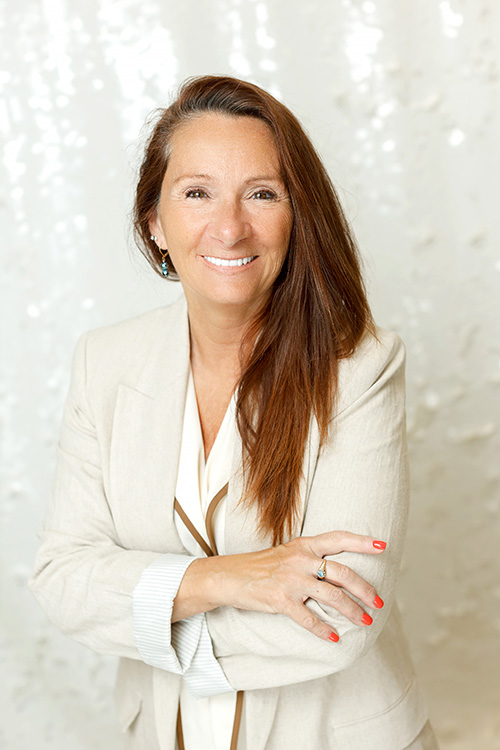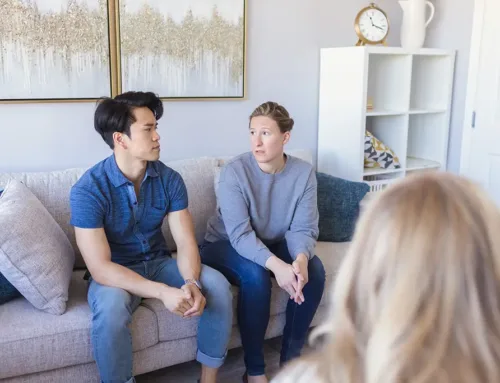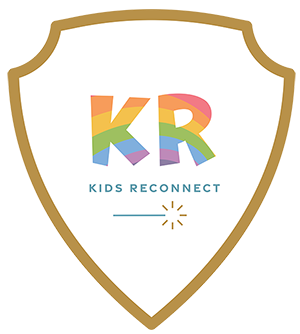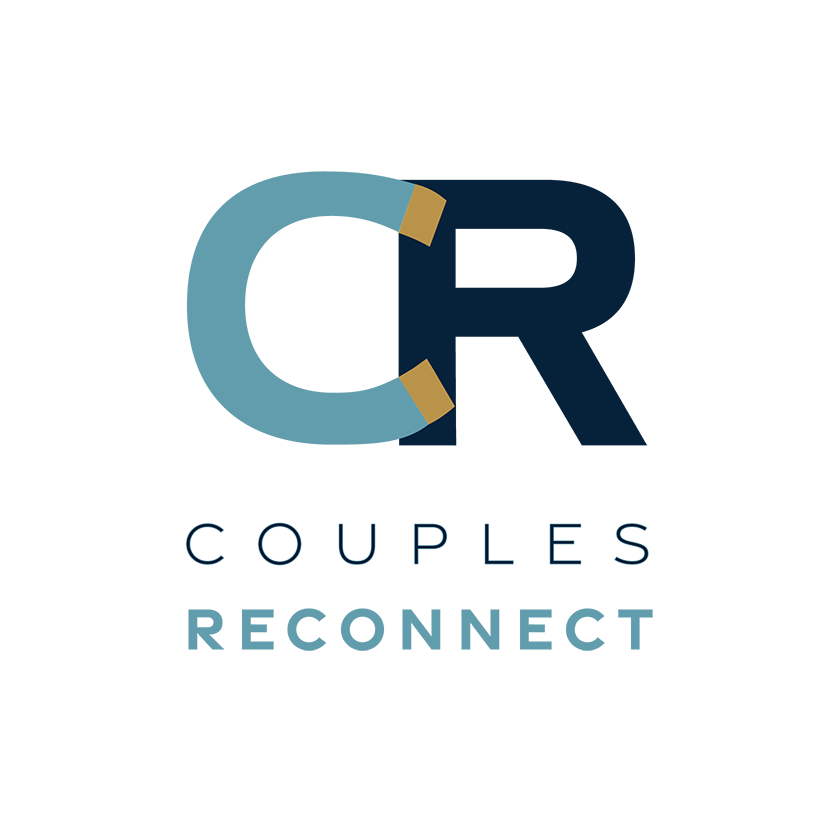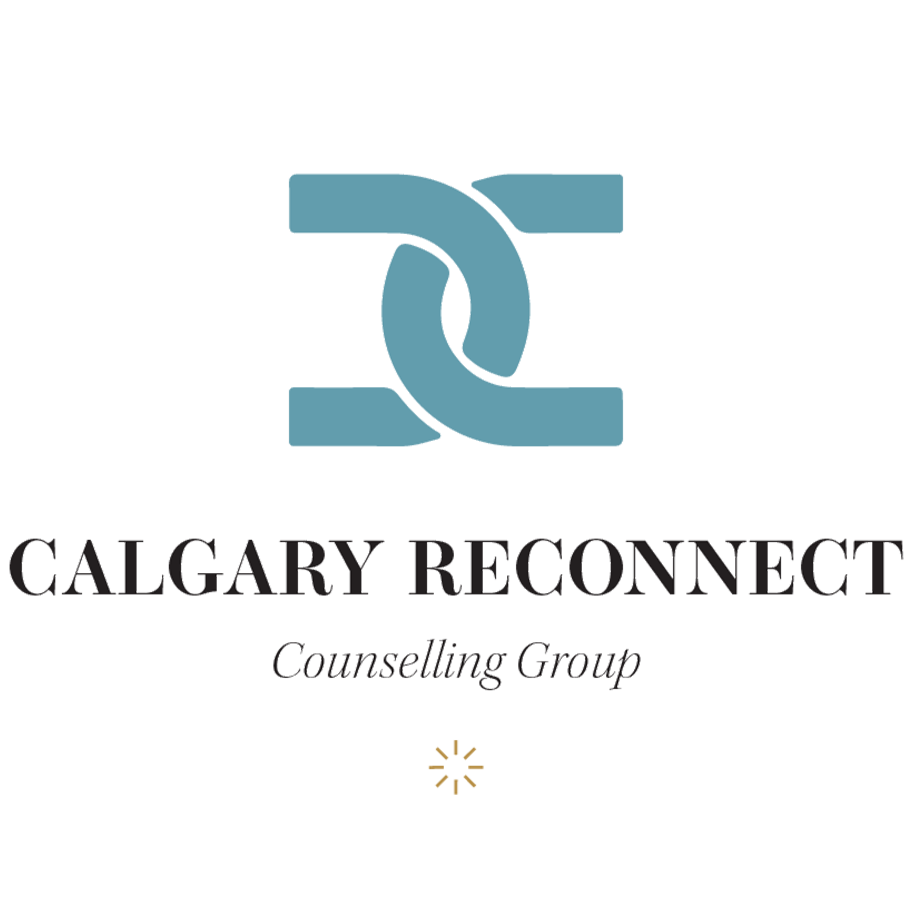Why did Couples Reconnect choose to focus on Emotionally Focused Couples Therapy (EFCT)?
The same reason you will probably want to — after reading this.
In short, our couples counselling team loves using EFCT because it works.
The EFCT couples counselling approach is effective, systematically gets to the core of issues, and its results stick around.
Meet the friendly authors
Christine Boyd, MSW, RSW
COUPLES THERAPIST
Ana Hoepfner, BEc
COMMUNICATIONS
Emotionally Focused Couples Therapy (EFCT) is a scientifically proven approach that offers many advantages for couples.
Here are three important ones that really hit the mark.
- EFCT has a high success rate. Extensive clinical research shows that 70-75% of couples move from distress to recovery, and over time, its results last: approximately 90% show significant improvements.
- EFCT offers long-lasting results. There is not much point in connecting deeply as a couple during couples therapy if a month or a year after counselling ends, you find yourself right back where you started (with a new layer of exhausted disappointment after all your hard work). Fortunately, EFCT has demonstrated durable positive effects: couples maintain their gains after therapy ends.
- EFCT is versatile. This science-based couples counselling approach has been proven successful in treating a variety of relationship problems, including communication issues, infidelity, and conflicts. Besides helping couples deepen and repair their connection, it can also help the needs and dynamics of individuals (Emotionally Focused Individual Therapy) and families (Emotionally Focused Family Therapy).
I’m intrigued. Tell me a bit more about Emotionally Focused Couples Therapy (EFCT).
Emotionally Focused Couples Therapy is a structured, empirically validated theory of adult bonding — how we connect with each other. The EFCT approach to couples counselling emphasizes emotional connection and understanding.
EFCT was developed by Dr. Sue Johnson, who was awarded the Order of Canada in 2017 for her extensive work in this field. At Calgary Reconnect Counselling Group, we were deeply saddened to hear that Dr. Johnson passed away in April of this year (2024). We are grateful for Dr. Johnson’s extensive legacy of groundbreaking research on relationships and attachment. She generously shared her insights widely in her books and teachings. Her profound legacy and the impact of her work will continue to be felt for generations to come.
Are you in Calgary and looking for a highly skilled couples therapist who is trained in EFCT?
We’ve got you. Our team of couples therapists is in your relationship’s corner
We’re excited for you to experience how well —and how quickly— Emotionally Focused Couples Therapy (EFCT) can bring you and your partner closer. Call us at 403 815 0271 to find out more and book a couples counselling appointment with Christine.
Further reading
Looking to deep-dive into the proven results of Emotionally Focused Therapy?
For an in-depth look at the scientific research studies on EFT, check out the International Centre for Excellence in Emotionally Focused Therapy website’s Summary of EFT Research.
We recommend this wonderful book about EFT, written for the general public.
Some books about psychology can feel prescriptive (“Do this, do that, from my high horse, here’s what you are doing wrong”) or full of therapy language that might sound like it is written by an expert, but it’s hard to tell either way if the reader is not a therapist. Not so with this book, written by Dr. Sue Johnson, the therapist who developed EFT. It’s friendly, humble, insightful, and a warm delight to read.
Johnson, S. (2008). Hold me tight: Seven conversations for a lifetime of love. Little, Brown Spark.

